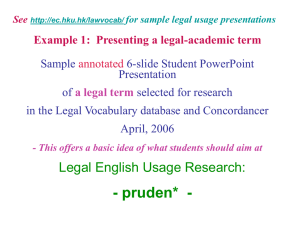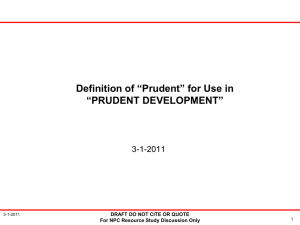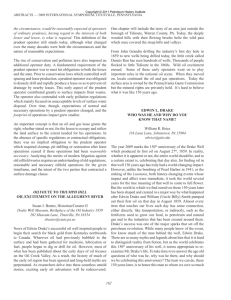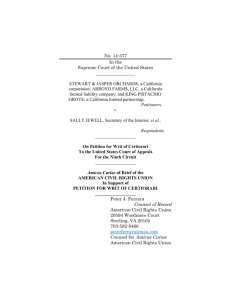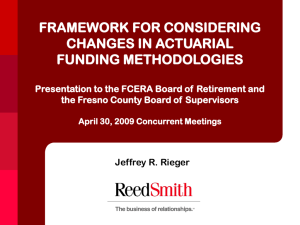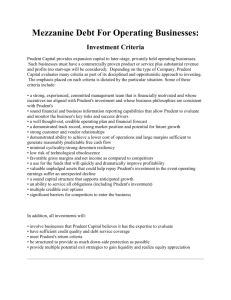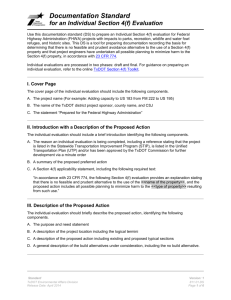Paris v Stepney Borough
advertisement
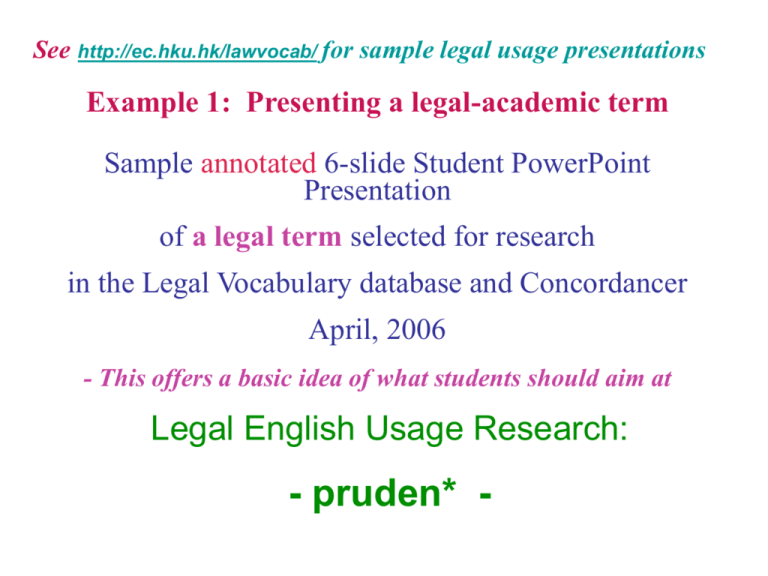
See http://ec.hku.hk/lawvocab/ for sample legal usage presentations Example 1: Presenting a legal-academic term Sample annotated 6-slide Student PowerPoint Presentation of a legal term selected for research in the Legal Vocabulary database and Concordancer April, 2006 - This offers a basic idea of what students should aim at Legal English Usage Research: - pruden* - Prudent Meaning: Example: (adjective) Open with a “profile” of the target term, use an authentic case example & cite the case name – as below…. careful, cautious, sensible “RBC were under no obligation to adopt a higher standard of care than that appropriate to the reasonably prudent parent and, on the facts, were not in breach of their duty.” (Simkiss v Rhondda BC) Noun form: Prudence Adverb form: Prudently Antonym: Imprudent i.e. opposite ….….etc. First, find out WHO is usually required to “be prudent” [adj. + noun] Word after collocations: man, employer, owner • The test is what precautions would the ordinary, reasonable and prudent man take? – Paris v Stepney Borough • it is often impossible to adduce evidence of what care an ordinarily prudent employer would take – Paris v Stepney Borough • The ordinarily prudent owner of a dog does not keep his dog always on a lead on a country highway for fear it may cause injury to a passing motor cyclist – Bolton v Stone The “frequency” tells us which forms are more common & so useful to learn Word before collocations: - show how prudent collocates in tort • an ordinarily prudent person [9 matches] vs • the ordinary prudent person [5 matches] Similarly… • a reasonably prudent person • a reasonable prudent man [3 matches] [3 matches] but notice…. • a reasonable and prudent man [10 matches] - so “reasonable” ≠ “prudent”, & these are more commonly found in combination Perhaps show how your got the “10 matches” Standard of care + prudent man/employer “would” – for both principle & application Principle: from Paris v Stepney Borough (1951) • The standard of care which the law demands is the care which an ordinarily prudent employer would take in all the circumstances – Paris v Stepney Borough Application: from Paris v Stepney Borough (1951) • In the present case the question is whether an ordinarily prudent employer would supply goggles to a one-eyed workman whose job was to knock bolts out of a chassis with a steel hammer while… etc Prudence & other forms Offering the noun form adds nothing - it’s less common & the meaning does not emerge from the examples Contributory Negligence: • As in England so in Hong Kong a man of ordinary prudence travelling in a motor car would take the precaution of wearing a seat-belt where one is available – Ho Wing Cheung • Are we prepared to say that a man of ordinary prudence in Hong Kong would act differently, in relation to the wearing of seat belts, to his counterpart in England? – Ho Wing Cheung
